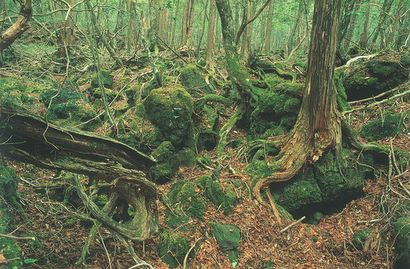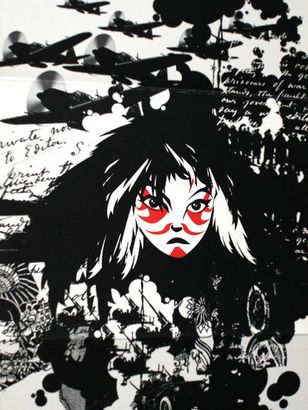Tale told by a friend in London
Dark skin, dark hair, brown eyes, black suit, blue tie, white shirt; a man, whose roots most likely came from the sacred sub-continent that has been such an incredible source of culture and knowldege in this world for longer than we'd care to imagine, steps onto the train. It's the 8:05 bound for Elephant & Castle. Prior to his entrance the usual dreary mixture of half-asleep commuters, agonizing over large cups of coffee, hiding behind broadsheets or trying hard to get those extra 15 minutes of shut-eye to ease the all-too-long day at the office, were doing what they usually do. The man enters at Queenspark. Like the match-point at a Wimbledon final the heads swerve in his direction and with Greek-choral timing scrutinize his every move as though the devil himself had appeared. The man, quite obviously taken aback by this austere greeting, moved as close to the alcove by the doors as possible in a feeble attempt to evade the blatant persecution. His movements were monitored all the way to his destination at Waterloo, and when he reached his office that day, I can only think that he must of felt low, hurt and unfairly condmened. The moral of this story? As always, it pays to be white in this sick world.





